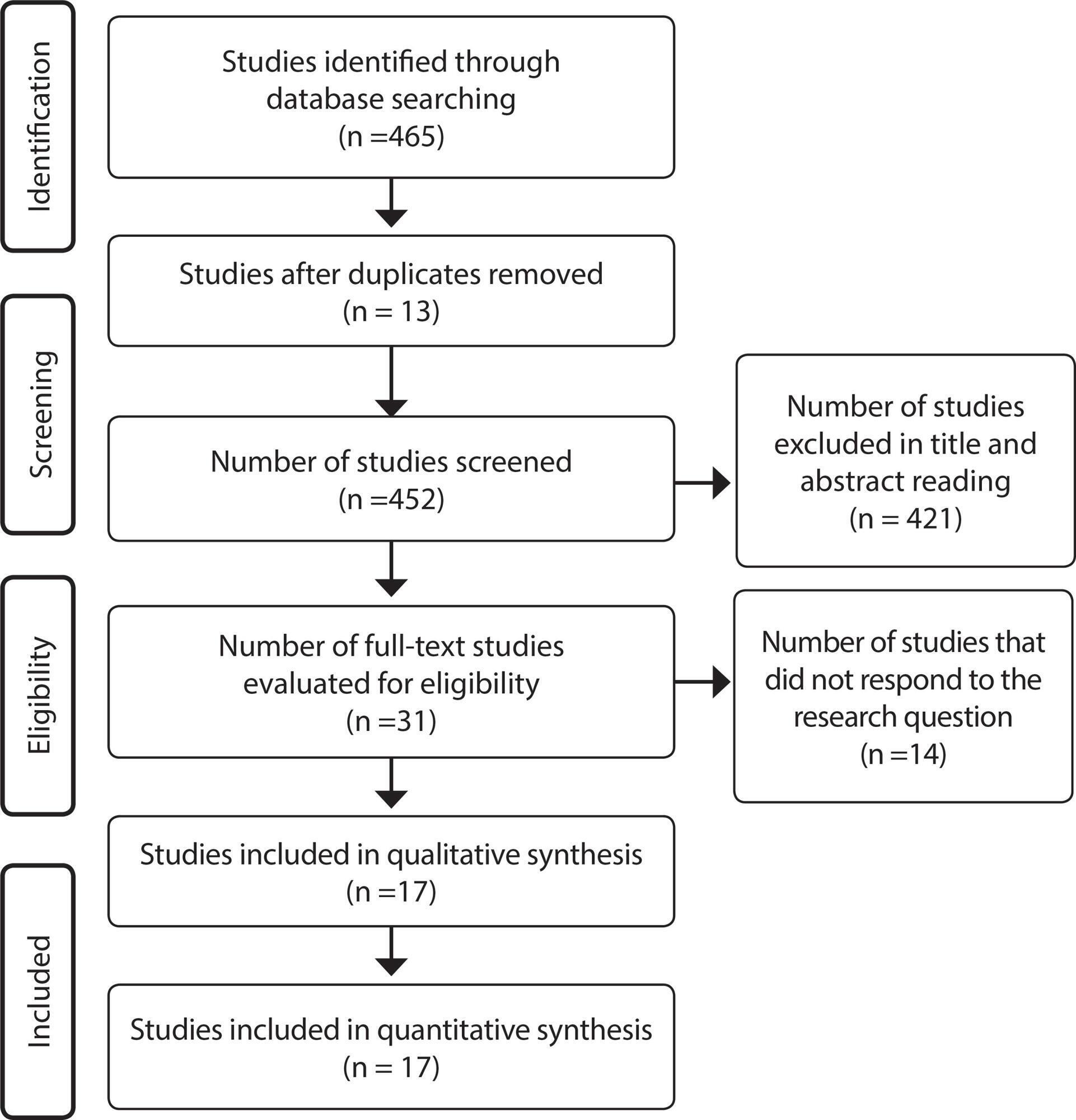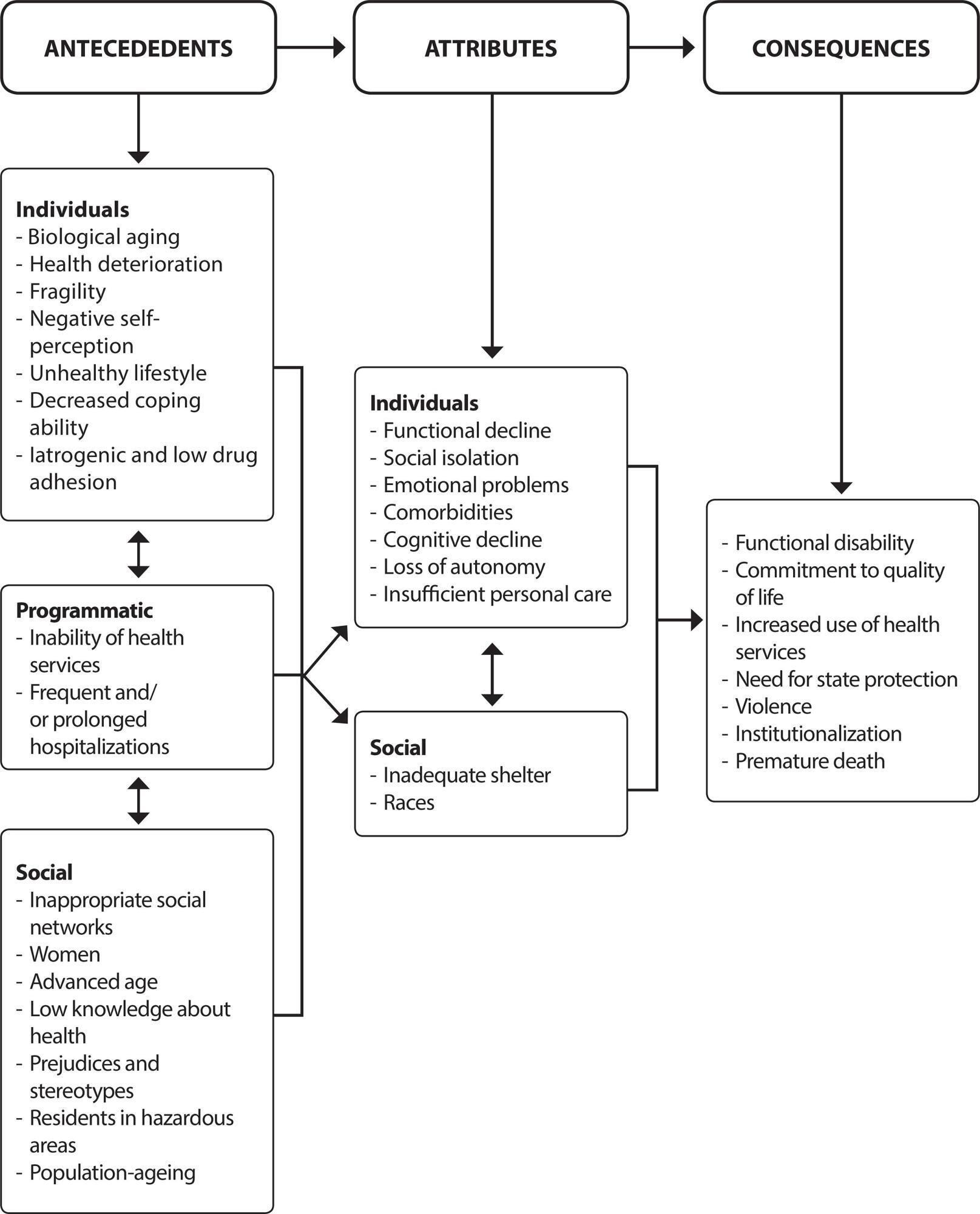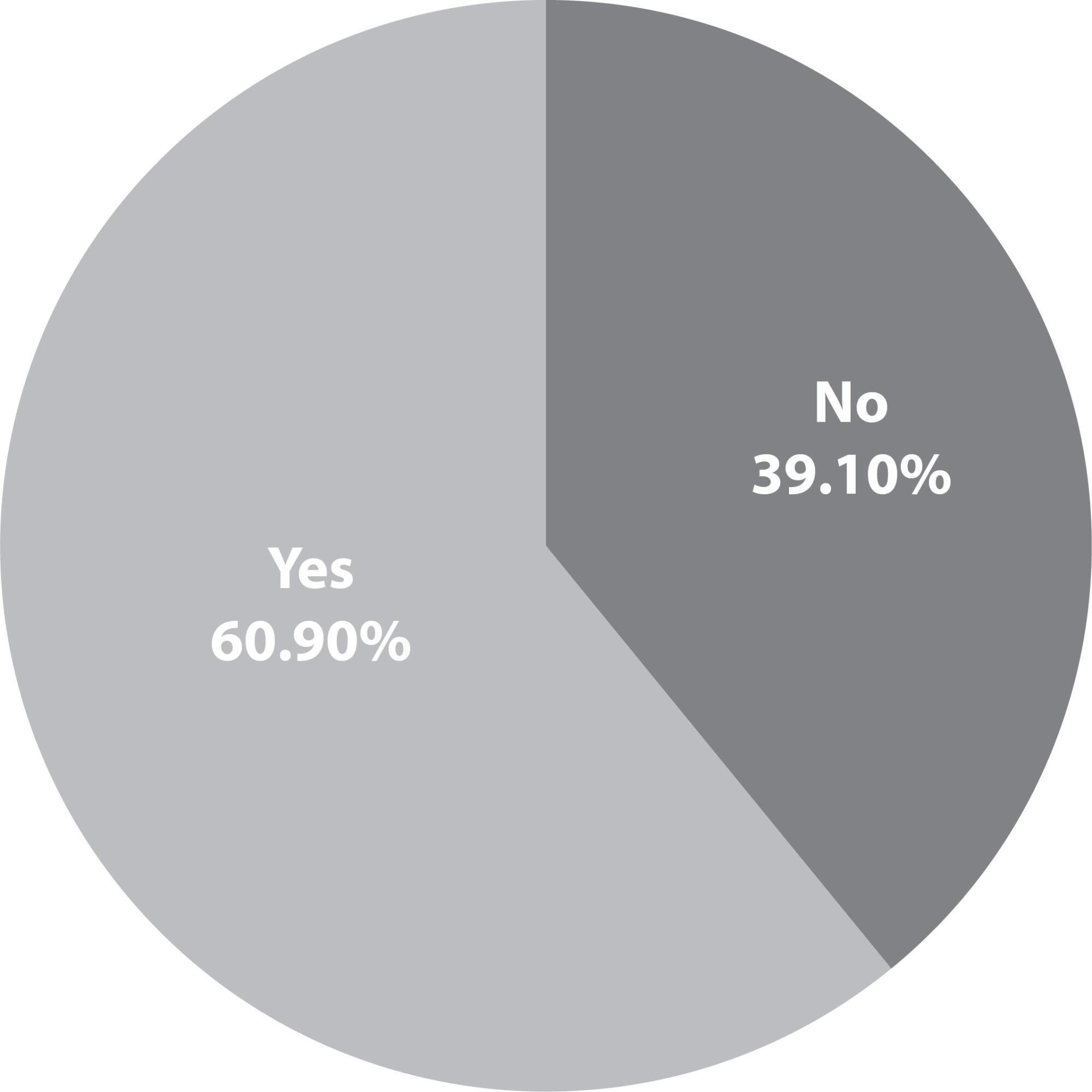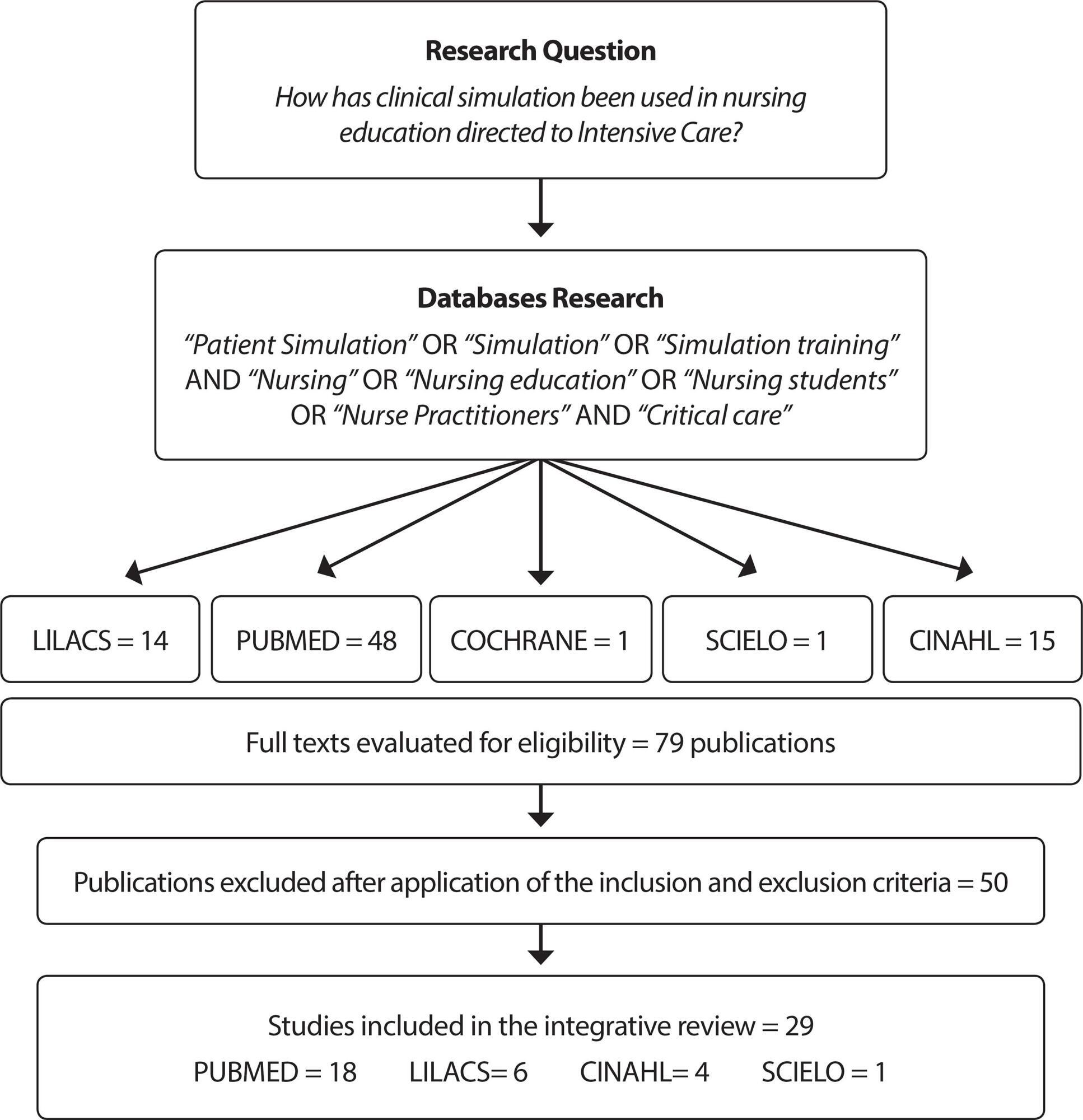-
ORIGINAL ARTICLE08-07-2023
Factors associated with the time to treat breast cancer in the pandemic period: an observational study
Revista Brasileira de Enfermagem. 2023;76:e20220428
Abstract
ORIGINAL ARTICLEFactors associated with the time to treat breast cancer in the pandemic period: an observational study
Revista Brasileira de Enfermagem. 2023;76:e20220428
DOI 10.1590/0034-7167-2022-0428
Views0See moreABSTRACT
Objectives:
to analyze the factors associated with the time to surgical treatment for breast cancer in patients seen at a reference mastology outpatient clinic in the State of Ceará.
Methods:
analytical, longitudinal study with medical charts from the Mastology Outpatient Clinic of Assis Chateaubriand Maternity School. We used 140 medical charts of breast cancer patients with surgeries performed during the pandemic.
Results:
the study evidenced associations between schooling and shorter time to treatment in patients who underwent biopsy before the first outpatient visit (p = 0.026; OR: 0.16; CI = 0.03-0.85); in the group who had the biopsy performed by the outpatient clinic, was associated the type of tumor (p = 0.019) and neoadjuvant therapy (p = 0.000).
Conclusions:
the lesser educational level, tumor type, and use of neoadjuvant therapy were factors associated with the time to treatment during the pandemic period.
-
ORIGINAL ARTICLE08-07-2023
Nursing students’ knowledge and attitude in relation to COVID-19 prevention behavior
Revista Brasileira de Enfermagem. 2023;76:e20220588
Abstract
ORIGINAL ARTICLENursing students’ knowledge and attitude in relation to COVID-19 prevention behavior
Revista Brasileira de Enfermagem. 2023;76:e20220588
DOI 10.1590/0034-7167-2022-0588
Views0See moreABSTRACT
Objectives:
to determine the correlation between nursing students’ level of knowledge and attitudes toward COVID-19 prevention behavior.
Methods:
a cross-sectional study was carried out at the Private University in Indonesia. Accidental sampling was used to select 188 third-year bachelor’s nursing students as respondents. Data collection was conducted through an online questionnaire (Cronbach’s Alpha 0.799-0.959) consisting of 27 questions. The data were analyzed descriptively and inferentially.
Results:
as many as 49.5 % of respondents had high knowledge, 98.4 % had a positive attitude, and 89.9 % had positive behavior in preventing COVID-19 transmission. The Chi-square test revealed that knowledge has no correlation with COVID-19 prevention behavior (p-value 0.864), but attitude did (p-value 0.027).
Conclusions:
nursing students’ attitudes are related to behavior in preventing COVID-19. Nursing students are expected to maintain positive attitudes and behaviors toward COVID-19 prevention as future health workers at the forefront of health services.
-
08-07-2023
Conhecimento e atitude dos estudantes de enfermagem em relação ao comportamento de prevenção à COVID-19
Revista Brasileira de Enfermagem. 2023;76:e20220588
Abstract
Conhecimento e atitude dos estudantes de enfermagem em relação ao comportamento de prevenção à COVID-19
Revista Brasileira de Enfermagem. 2023;76:e20220588
DOI 10.1590/0034-7167-2022-0588
Views0See moreRESUMEN
Objetivos:
determinar la correlación entre el nivel de conocimiento y las actitudes de los estudiantes de enfermería en relación a la conducta de prevención de la COVID-19.
Métodos:
estudio transversal realizado en una Universidad Privada de Indonesia. Se utilizó un muestreo accidental para seleccionar a 188 estudiantes de tercer año de enfermería como encuestados. La recolección de datos se realizó mediante un cuestionario en línea que consta de 27 preguntas (alfa de Cronbach 0.799-0.959). Los datos fueron analizados de forma descriptiva e inferencial.
Resultados:
el 49,5 % de los encuestados tenía conocimientos altos, el 98,4 % tenía una actitud positiva y el 89,9 % tenía un comportamiento positivo en la prevención de la transmisión de la COVID-19. La prueba de Chi-cuadrado reveló que el conocimiento no tiene correlación con el comportamiento de prevención de COVID-19 (valor de p 0,864), pero la actitud sí (valor de p 0,027).
Conclusiones:
las actitudes de los estudiantes de enfermería están relacionadas con el comportamiento en la prevención del COVID-19. Se espera que los estudiantes de enfermería mantengan actitudes y comportamientos positivos hacia la prevención de COVID-19 como futuros profesionales de la salud en la primera línea de los servicios de salud.
-
08-07-2023
Senso de coerência e apoio social como preditores de saúde mental durante a pandemia de COVID-19
Revista Brasileira de Enfermagem. 2023;76:e20220468
Abstract
Senso de coerência e apoio social como preditores de saúde mental durante a pandemia de COVID-19
Revista Brasileira de Enfermagem. 2023;76:e20220468
DOI 10.1590/0034-7167-2022-0468
Views0See moreRESUMEN
Objetivos:
verificar el papel del sentido de coherencia, sentido de coherencia nacional, apoyo social y confianza en las instituciones como predictores de salud mental en brasileños durante la pandemia de COVID-19.
Métodos:
estudio transversal, realizado de noviembre de 2020 a enero de 2021 mediante cuestionario online. Se utilizaron instrumentos estandarizados. La muestra estuvo compuesta por 1.630 brasileños. En el análisis de datos se realizaron correlación de Pearson y regresión lineal.
Resultados:
el sentido de coherencia fue el único predictor de ansiedad [β= -0,61;p<0,001], explicando el 38% de la variación de sus puntuaciones, mientras que el sentido de coherencia [β=0,52;p<0,001], sentido de coherencia nacional [β= 0,16;p<0,001] y apoyo social [β=0,15;p<0,001] fueron predictores de salud mental positiva y en conjunto explicaron el 51% de su variación.
Conclusiones:
los hallazgos sugieren que sentido de coherencia, sentido de coherencia nacional y el apoyo social representan importantes predictores de salud mental y que el fortalecimiento de estos recursos, podría potencialmente promover la salud mental de los brasileños.
-
ORIGINAL ARTICLE08-07-2023
Sense of coherence and social support as predictors of mental health during COVID-19 pandemic
Revista Brasileira de Enfermagem. 2023;76:e20220468
Abstract
ORIGINAL ARTICLESense of coherence and social support as predictors of mental health during COVID-19 pandemic
Revista Brasileira de Enfermagem. 2023;76:e20220468
DOI 10.1590/0034-7167-2022-0468
Views0See moreABSTRACT
Objectives:
to verify the role of sense of coherence, sense of national coherence, social support and trust in institutions to predict mental health in Brazilians during the COVID-19 pandemic.
Methods:
a cross-sectional study, carried out from November, 2020 to January, 2021 via an online survey. Standardized instruments were used. The sample consisted of 1,630 Brazilians. Pearson’s correlation and linear regression were performed in data analysis.
Results:
sense of coherence was the only predictor of anxiety [β= -0.61; p<0.001], explaining 38% of the variance in its scores, while sense of coherence [β= 0.52; p<0.001], sense of national coherence [β= 0.16; p<0.001], and social support [β= 0.15; p<0.001] predicted positive mental health and together explained 51% of its variance.
Conclusions:
the findings suggest that sense of coherence, sense of national coherence and social support represent important predictors for mental health and that strengthening these resources, could potentially promote Brazilians’ mental health.
-
ORIGINAL ARTICLE07-31-2023
Primary Health Care assessment in the COVID-19 pandemic from physicians’ and nurses’ perspective
Revista Brasileira de Enfermagem. 2023;76:e20220475
Abstract
ORIGINAL ARTICLEPrimary Health Care assessment in the COVID-19 pandemic from physicians’ and nurses’ perspective
Revista Brasileira de Enfermagem. 2023;76:e20220475
DOI 10.1590/0034-7167-2022-0475
Views0See moreABSTRACT
Objectives:
to assess the operationalization of Primary Health Care in the COVID-19 pandemic, according to Primary Care Assessment Tool: PCATool-Brasil attributes, from physicians’ and nurses’ perspective.
Methods:
a cross-sectional study, carried out with 99 physicians and nurses from Basic Health Units in a state in northeastern Brazil, with the aid of the adapted instrument PCATool-Brasil.
Results:
Essential Score was classified as high performance (6.6) and General Score as low performance (6.5). First Contact Access, Care Integration, and Community Guidance scores were <6.6. The best performances were attributed to the Longitudinality, Comprehensiveness and Family Guidance services (scores>6.6).
Conclusions:
the attributes of Primary Health Care, in general, showed values above or close to the cut-off point in the assessment. These data can support strategies for local and national managers to strengthen Primary Health Care in the COVID-19 pandemic and future public health emergencies.
-
07-31-2023
Breastfeeding prevalence in newborns of mothers with COVID-19: a systematic review
Revista Brasileira de Enfermagem. 2023;76:e20220173
Abstract
Breastfeeding prevalence in newborns of mothers with COVID-19: a systematic review
Revista Brasileira de Enfermagem. 2023;76:e20220173
DOI 10.1590/0034-7167-2022-0173
Views0See moreABSTRACT
Objectives:
to compare exclusive breastfeeding prevalence versus artificial feeding in newborns of mothers with COVID-19.
Methods:
a systematic review of prevalence, according to JBI. Searches in PubMed®, Embase, CINAHL, LILACS and Web of Science™ databases in August 2021. Cross-sectional, longitudinal or cohort studies were selected, without language and time limitations that showed breastfeeding prevalence or that allowed calculation.
Results:
fifteen articles published in 2020 and 2021, cohort (60%) or cross-sectional (40%) were analyzed. The average of exclusive breastfeeding in mothers with COVID-19 was 56.76% (CI=39.90–72.88), and artificial breastfeeding, 43.23% (CI = 30.99 – 55.88), without statistically significant differences.
Conclusions:
despite the recommendations for maintaining breastfeeding, there was a reduction worldwide, when compared to periods prior to the pandemic. With advances in science, these rates have improved, showing the impact of evidence on practices. As limitations, study sources are cited. It is recommended to carry out new studies. PROSPERO registration CRD42021234486.

-
ORIGINAL ARTICLE07-31-2023
Sociodemographic profile, diagnoses and nursing care in post-COVID-19 patients in a Brazilian university hospital
Revista Brasileira de Enfermagem. 2023;76:e20220730
Abstract
ORIGINAL ARTICLESociodemographic profile, diagnoses and nursing care in post-COVID-19 patients in a Brazilian university hospital
Revista Brasileira de Enfermagem. 2023;76:e20220730
DOI 10.1590/0034-7167-2022-0730
Views0See moreABSTRACT
Objectives:
to analyze the sociodemographic profile, diagnoses and nursing care of post-COVID-19 patients admitted to a university hospital in southern Brazil.
Methods:
a retrospective cohort study. The sample consisted of 1,467 medical records, from January 2020 to January 2021.
Results:
from the analyzed medical records, the most prevalent profiles, respectively, included: males (52.9%); white (81.1%); with Impaired Physiological Balance Syndrome* Nursing Diagnosis (77.3%); nursing care implementing aerosol precautions (94.5%); implementing droplet precautions (93.4%); checking vital signs (91.9%); applying standard disinfectant to equipment and surfaces (89.6%).
Conclusions:
the analysis of the sociodemographic profile, diagnoses and nursing care of patients in this study may contribute to implementing the Nursing Process in the coronavirus pandemic context.

-
08-19-2019
Humor intervention in the nurse-patient interaction
Revista Brasileira de Enfermagem. 2019;72(4):1078-1085
Abstract
Humor intervention in the nurse-patient interaction
Revista Brasileira de Enfermagem. 2019;72(4):1078-1085
DOI 10.1590/0034-7167-2018-0609
Views0ABSTRACT
Objective:
To describe the factors influencing the use of humor in nursing care, its applicability and benefits.
Method:
A scoping review was performed using the Arksey and O’Mally methodology. A search for articles published between 2008 and 2018 was performed using the platforms EBSCO Host, Virtual Health Library and Google Scholar.
Results:
From the initial 465 articles found, 17 were included for final revision. Data allowed to retrieve information on humor definition; its applicability as a nursing intervention; humor as a tool to improve nurse-patient communication and relationship; influence factors; type of humor interventions; humor benefits in health care context and; limitations and precautions of humor intervention.
Conclusion:
The use of humor promotes both communication and human interaction; it promotes well-being; helps deal/cope with difficult and unpleasant situations, reduces tension, discomfort and stress; and strengthens the immune system. This intervention should be used with caution.
Keywords:CommunicationNurse-Patient RelationsNursingPatient Outcome AssessmentWit and Humor as SubjectSee more
-
ORIGINAL ARTICLE10-21-2019
Workloads and burnout of nursing workers
Revista Brasileira de Enfermagem. 2019;72(6):1435-1441
Abstract
ORIGINAL ARTICLEWorkloads and burnout of nursing workers
Revista Brasileira de Enfermagem. 2019;72(6):1435-1441
DOI 10.1590/0034-7167-2017-0659
Views0See moreABSTRACT
Objective:
to identify workloads in nursing work and its association with nursing worker burnout.
Method:
a cross-sectional study, including 211 nursing workers from a university hospital, between July and August 2016. For the analysis, the descriptive statistics, Chi-Square Test, Fisher’s Exact Test and Mann Whitney U-Test were used.
Results:
the most evidenced loads were biological. A significant association was found between workloads and workers’ occupation, as well as a significant association between workloads and worker burnout. Burnout caused upper limb pain, neck and lumbar pain, lower limb pain, muscle spasm, lower limb edema, mental fatigue, headache, nervousness, and forgetfulness.
Conclusion:
workloads identification is a subsidy for the promotion of interventions that minimize the burnout generated to the health of the nursing worker.
-
REVIEW12-05-2019
Vulnerability of the elderly: a conceptual analysis
Revista Brasileira de Enfermagem. 2019;72:337-344
Abstract
REVIEWVulnerability of the elderly: a conceptual analysis
Revista Brasileira de Enfermagem. 2019;72:337-344
DOI 10.1590/0034-7167-2018-0728
Views0See moreABSTRACT
Objective:
To analyze the concept of vulnerability of the elderly.
Method:
A concept analysis, according to the method proposed by Walker and Avant, operationalized through integrative review through search in scientific data portals using the
Descriptors:
Health vulnerability, aged, health services for the aged, health of the elderly, vulnerable populations and geriatric health services. To compose the literary corpus, 36 studies were selected.
Results:
Concept antecedents, as well as its attributes, were identified in individual, social and programmatic characteristics, which make up the characteristics of “vulnerability of the elderly”, besides consequences of the phenomenon. These characteristics were analyzed with emphasis on aspects that contribute to the process of vulnerability of the elderly.
Conclusion:
The study demonstrated the multidimensionality of the phenomena studied, highlighting the peculiarities of vulnerability during aging. However, there is a need for further studies on the construct.

-
ORIGINAL ARTICLE10-21-2019
Nursing care systematization: perceptions and knowledge of the Brazilian nursing
Revista Brasileira de Enfermagem. 2019;72(6):1547-1553
Abstract
ORIGINAL ARTICLENursing care systematization: perceptions and knowledge of the Brazilian nursing
Revista Brasileira de Enfermagem. 2019;72(6):1547-1553
DOI 10.1590/0034-7167-2018-0606
Views0See moreABSTRACT
Objective:
to present the perception and knowledge of Brazilian nursing nurses and academics regarding Nursing Care Systematization.
Method:
a descriptive study, carried out in the first half of 2018.
Results:
of the 596 respondents, 86% perceived Nursing Care Systematization as very important, but only 60.9% used it in their care practice. Its use was statistically associated with a higher level of training. Non-utilization was associated with the perception that it is irrelevant and with little knowledge on the Nursing Process, even in the face of recognition of its obligation. Among professionals who wish to learn more about the subject, understanding the application of the process, especially the planning step, is perceived as a necessity.
Conclusion:
the relevance perception of systematization and levels of knowledge of the professional/academic are directly related to the use or not of Nursing Care Systematization principles.

-
01-20-2021
Burnout Syndrome and Associated Factors in Intensive Care Unit Nurses
Revista Brasileira de Enfermagem. 2021;74:e20190535
Abstract
Burnout Syndrome and Associated Factors in Intensive Care Unit Nurses
Revista Brasileira de Enfermagem. 2021;74:e20190535
DOI 10.1590/0034-7167-2019-0535
Views0See moreABSTRACT
Objective:
to estimate prevalence and factors associated with Burnout Syndrome in intensive care nurses in a city in the state of Bahia.
Methods:
a cross-sectional, population-based study carried out with 65 intensive care nurses through a self-administered questionnaire, from July to November 2016, containing sociodemographic data, lifestyle, work characteristics. To define burnout syndrome, the Maslach Burnout Inventory was used.
Results:
Burnout Syndrome prevalence was 53.6%, an association was observed with age, tobacco consumption, alcohol use, weekly night shift hours, employment relationship, having an intensive care specialist title, number of patients on duty, monthly income and considering active or high-strain job.
Conclusion:
the results of this study can contribute to expanding the discussion on stressful working conditions in Intensive Care Units.
-
ORIGINAL ARTICLE12-05-2019
Elderly caregivers of the elderly: frailty, loneliness and depressive symptoms
Revista Brasileira de Enfermagem. 2019;72:88-96
Abstract
ORIGINAL ARTICLEElderly caregivers of the elderly: frailty, loneliness and depressive symptoms
Revista Brasileira de Enfermagem. 2019;72:88-96
DOI 10.1590/0034-7167-2018-0137
Views0See moreABSTRACT
Objective:
to investigate the association between frailty, loneliness and depressive symptoms of elderly caregivers.
Method:
a cross – sectional study carried out with 341 elderly caregivers enrolled in Family Health Units of a city in the countryside of São Paulo State. The interviews were domiciliary and included questionnaire for characterization of the caregiver, Fried’s frailty phenotype, family APGAR (family functionality), Geriatric Depression Scale (depressive symptoms) and item 3 of the Herth Hope Scale (loneliness). Logistic regression was used to analyze the association between depressive symptoms and solitude (independent variables), and frailty and pre-frailty (dependent variables).
Results:
there was an association between frailty, loneliness and depressive symptoms. Elderly caregivers had increased odds of 158% presenting pre-frailty, and 360% of frailty. Elderly caregivers with depressive symptoms had an increased chance of 242% of presenting fragility.
Conclusion:
elderly and lonely caregivers with depressive symptoms are more likely to be frail and pre-frail.
-
08-19-2019
Clinical simulation in nursing education in intensive therapy: an integrative review
Revista Brasileira de Enfermagem. 2019;72(4):1061-1070
Abstract
Clinical simulation in nursing education in intensive therapy: an integrative review
Revista Brasileira de Enfermagem. 2019;72(4):1061-1070
DOI 10.1590/0034-7167-2018-0217
Views0See moreABSTRACT
Objective:
to analyze the publications on clinical simulation practices for education in Nursing in Intensive Care.
Method:
an integrative review carried out through LILACS, PubMed, Cochrane Library, CINAHL and SciELO databases, of articles published from 2008 to 2017.
Results:
29 articles were selected, of which 76% discuss the use of simulation in continuing education of nursing professionals, while the others describe their use for student education. There is a higher prevalence of studies with a level of evidence 6 (17), with 28 international publications. There was an increase in scientific production, with 16 articles published in the last three years.
Conclusion:
variables after simulation use, such as confidence, communication skills, efficiency in the identification of clinical worsening of patients, development of technical skills, teamwork and clinical decision-making, presented a significant improvement, demonstrating that this tool is effective in qualifying care for critical patients.

-
ORIGINAL ARTICLE06-08-2020
Usability of a mobile application on diabetic foot self-care
Revista Brasileira de Enfermagem. 2020;73(4):e20180862
Abstract
ORIGINAL ARTICLEUsability of a mobile application on diabetic foot self-care
Revista Brasileira de Enfermagem. 2020;73(4):e20180862
DOI 10.1590/0034-7167-2018-0862
Views0See moreABSTRACT
Objectives:
to assess the usability of an app prototype for diabetic foot self-care by an end user.
Methods:
a descriptive study that uses heuristic assessment of a hybrid app usability. Fifteen users of an outpatient diabetes care service in a capital of Northeastern Brazil participated in the study during April 2018. The usability measurement tool called Smartphone Usability questionnaiRE was applied.
Results:
the lowest score was 77 and the highest was 112, with an average usability of 96.1 points. Usability was framed in the last two levels, 70 and 8o. Users now strongly agree (level 70) and fully (level 80) with the assessed items, which represents good usability of the apps prototype.
Conclusions:
the final product developed focuses on user needs and requirements, which can ensure usability based on effectiveness, efficiency and satisfaction triad.
Search
Search in:
Nuvem de Tags
Adolescente (85) Atenção Primária à Saúde (239) COVID-19 (91) Criança (91) Cuidados de Enfermagem (269) Educação em Enfermagem (151) Educação em Saúde (139) Enfermagem (930) Enfermagem Pediátrica (86) Estudantes de Enfermagem (77) Estudos de Validação (131) Família (87) Idoso (208) Promoção da Saúde (99) Qualidade de Vida (104) Saúde do Trabalhador (86) Saúde Mental (145) Saúde Pública (82) Segurança do Paciente (150) Tecnologia Educacional (100)



